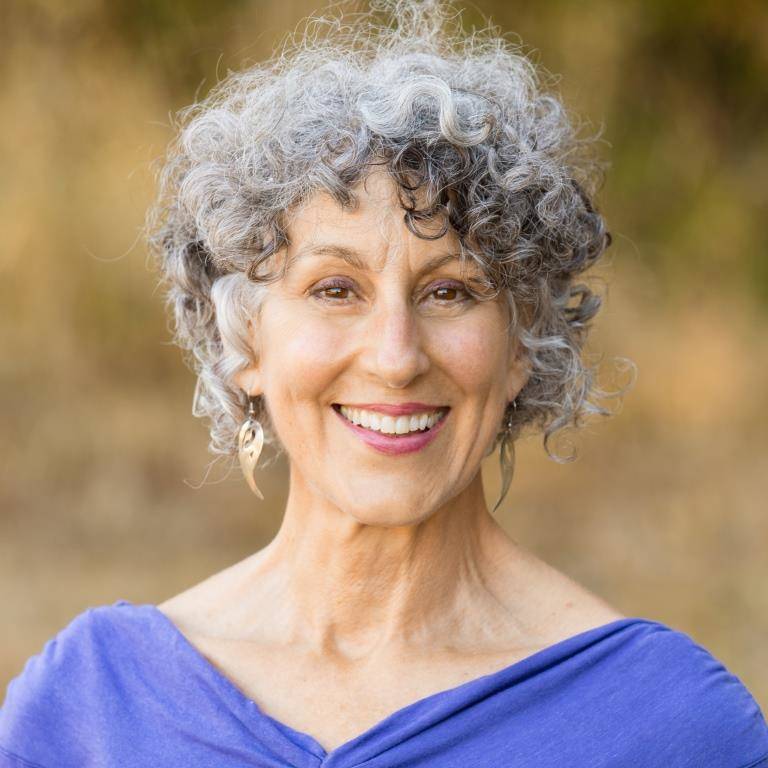By Stephanie Prima
You may notice many silver-haired people on the island because roughly 40percent of our county population is 60 years and older. Though we enjoy our ‘senior discounts’, we don’t like to be lumped into a category that equates ‘senior’ with ‘doddering.’ We fiercely protect our independence, sometimes denying that we may need to make adjustments to protect the self-reliance we treasure.
Nationwide, about one third of the population over the age of 65 falls each year, and this estimate may be low as many falls go unreported. Falls are the leading cause of death from injury among people 65 and older, with risk of falls increasing with age. Two-thirds of those who fall will do so again within six months; hospital stays are twice as long as those admitted for other reasons.
Falls are costly, monetarily and emotionally. Imagine not going out or doing things you love for fear of falling and getting hurt. This decrease in activity can lead to functional decline, social isolation, depression and more reliance on caregivers.
Many factors contribute to fall risk: arthritis, diabetes, blood pressure instability, vision and hearing loss, abnormalities in cognition and sensation, inability to handle position changes around physical hazards, and inattentiveness.
Falling doesn’t need to be part of the aging process. Tai Ji Quan: Moving for Better Balance is an effective, cost-saving program that helps prevent falls and related unnecessary healthcare costs, such as hip replacement surgeries and rehabilitation services. The relaxed breathing, mental concentration and muscle relaxation of the movements can improve depression, while the social nature of group exercise combats isolation.
Dr. Fuzhong Li, Senior Scientist at the Oregon Research Institute developed TJQMBB in 2003. The eight- forms have been refined to focus specifically on balance, gait, mobility, stability training, cognition, memory, and body awareness. Since exercise works if done consistently, TJQMBB runs twice weekly for 48 sessions, progressing from easier to more difficult. Attendance of at least 75 percent is required to achieve results.
The Center for Disease Control and National Council on Aging support TJQMBB. In a study comparing eight evidence-based fall prevention strategies, TJQMBB provided the highest return on investment with 509percent; the second program scored 127 percent.
Equally impressive results are 55 percent reduced risk of falls in older adults, and 67 percent in Parkinson’s patients.
Unlike other forms of Tai Chi, TJQMBB was created specifically to help adults aged 60+ who can walk easily without assistive devices (or only occasional use) develop an effective fall prevention strategy.
TJQMBB classes begin Oct. 2 in two locations: Dance Workshop 2 on Tuesdays and Fridays, 10:30-11:30 a.m., and Mullis Senior Center on Thursdays and Fridays, 9-10 a.m. The cost is $95 for the first quarter (14 sessions); Mullis Senior Center offers members a discount (check your newsletter for coupon.) Registration includes a questionnaire and four assessment sessions.
For information and registration, see http://bit.ly/MIM-TJQMBB, or call 360-317-1448.
TJQMBB is fun, affordable, easy to learn, requires no special equipment, and can help you live life independently, free from fear of falling.
Stephanie Prima, is the owner of Move Into Mindfulness, LLC, a Holistic Health Coach, certified Qigong instructor and authorized TJQMBB instructor. She teaches classes and works with private clients to help people age with less pain and the energy of a much younger person.




